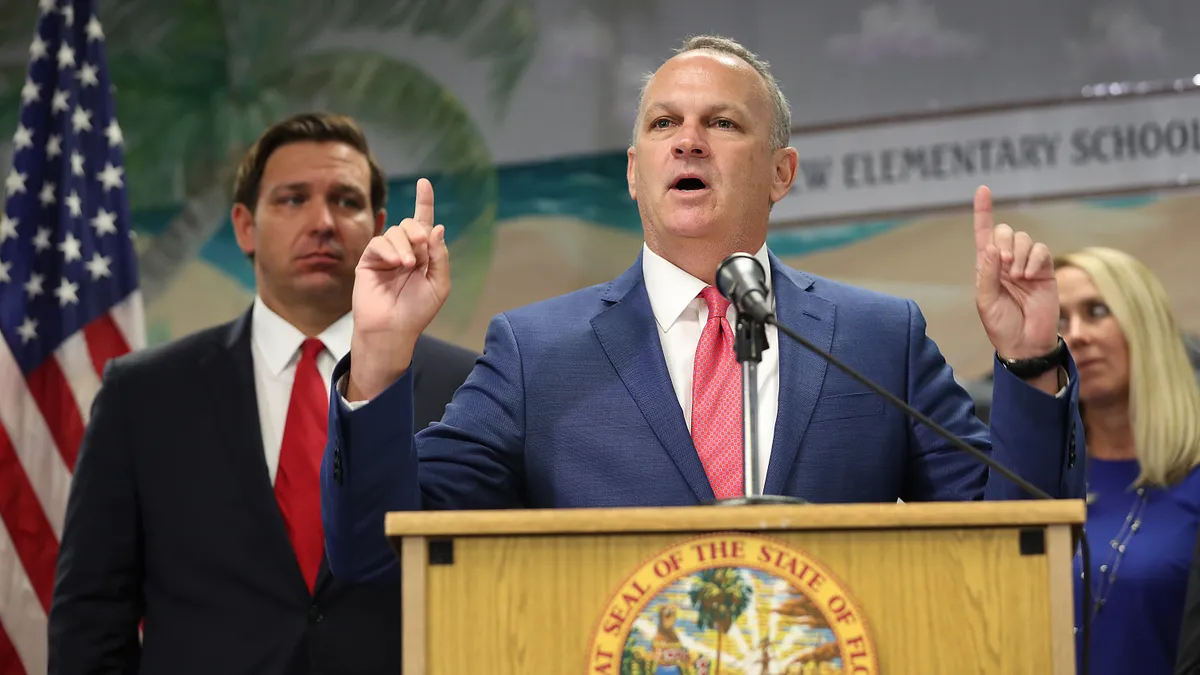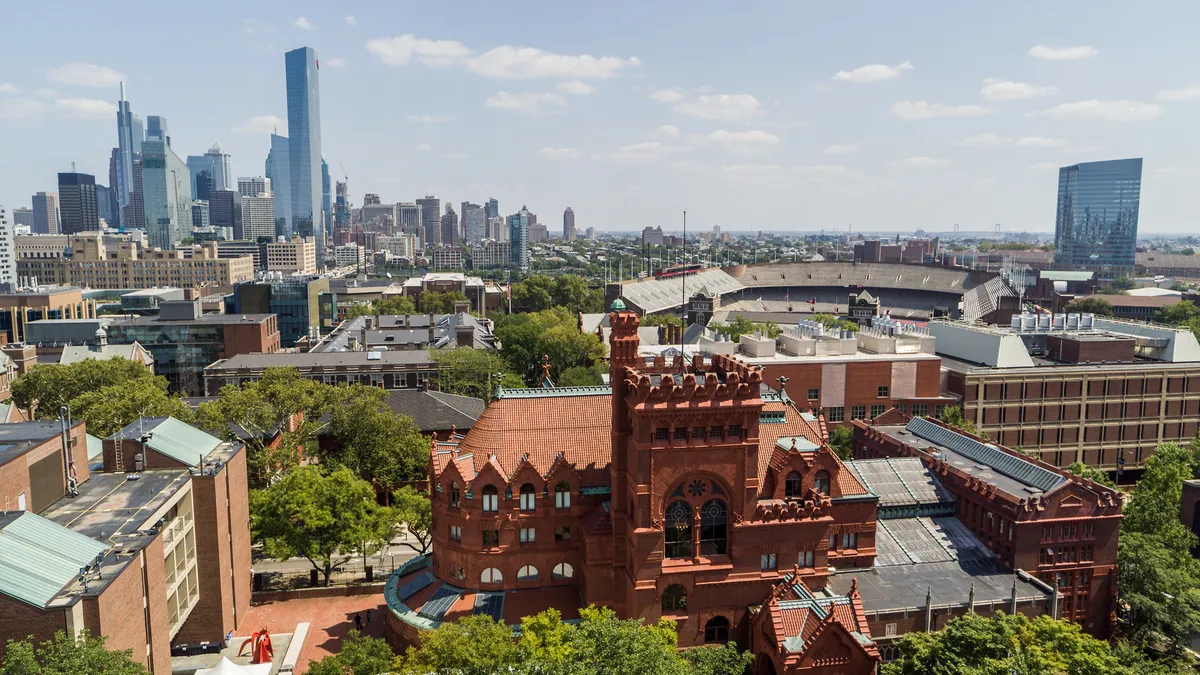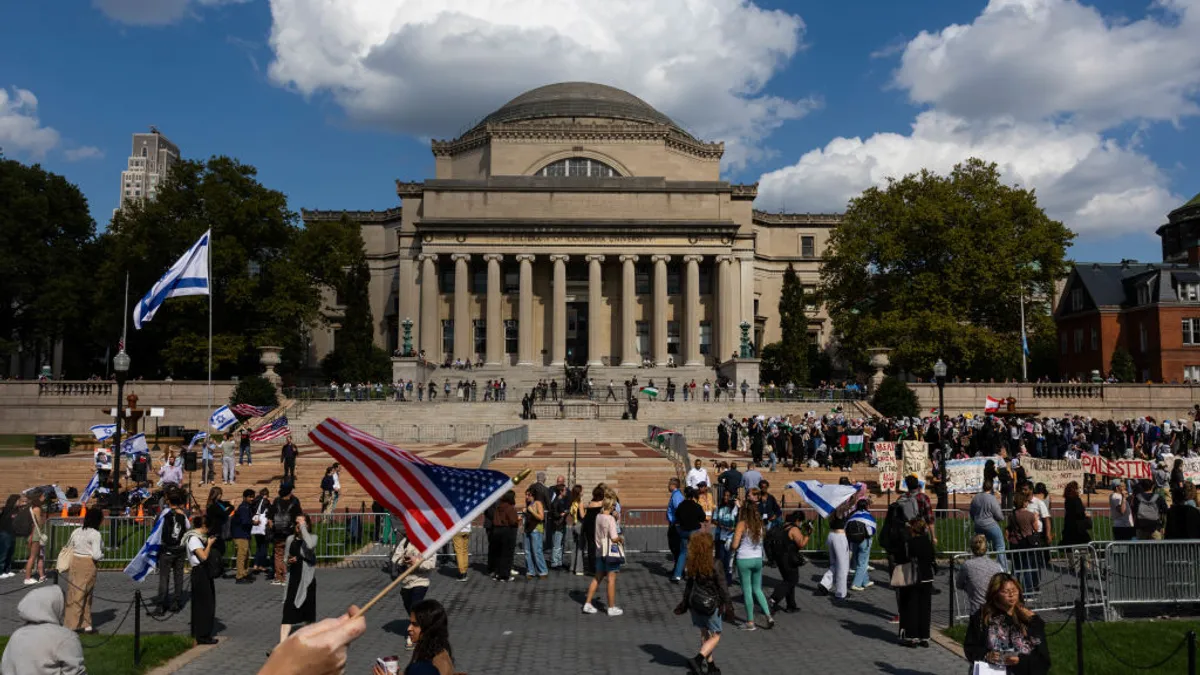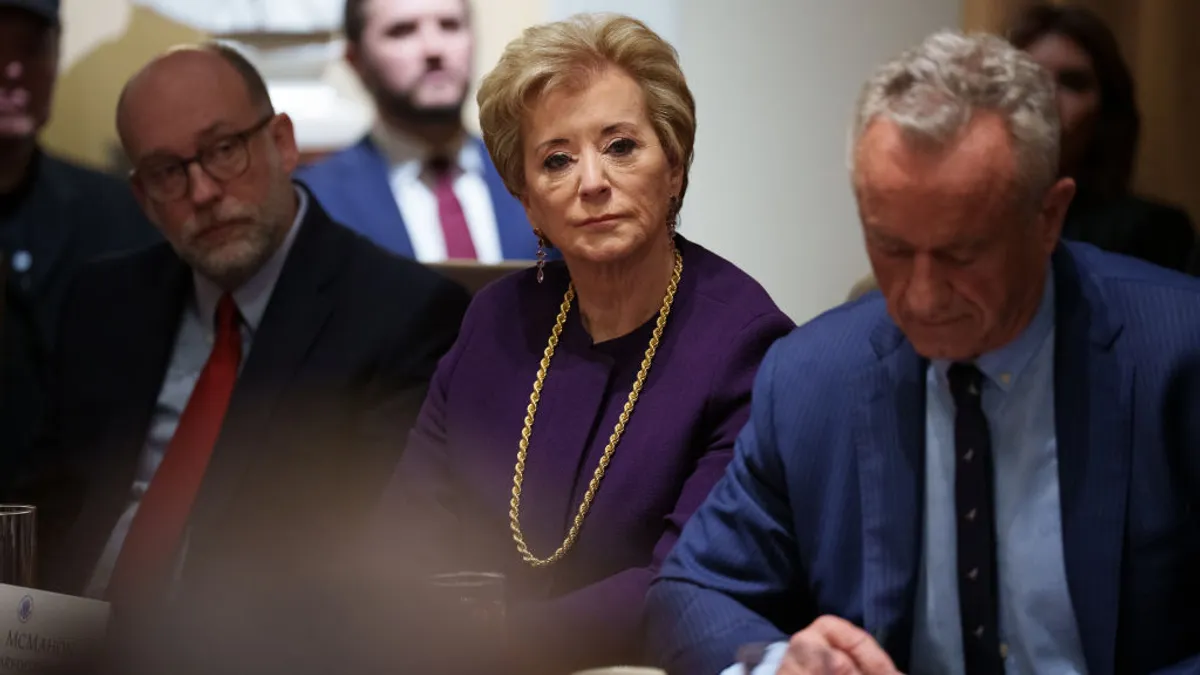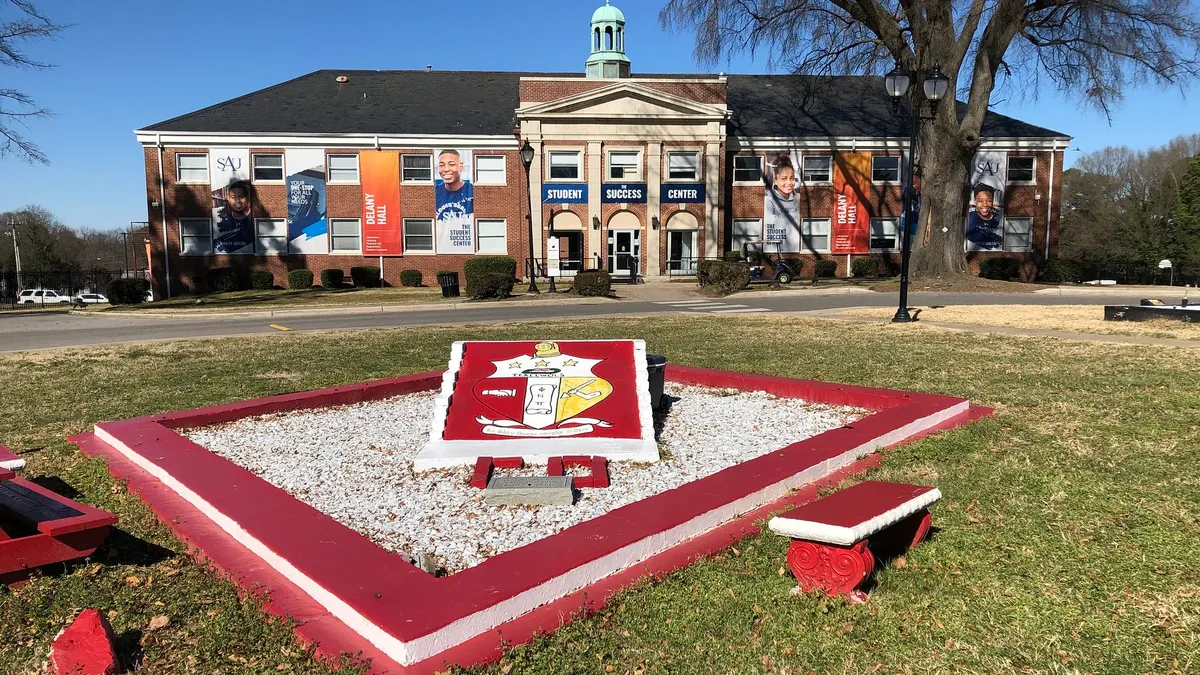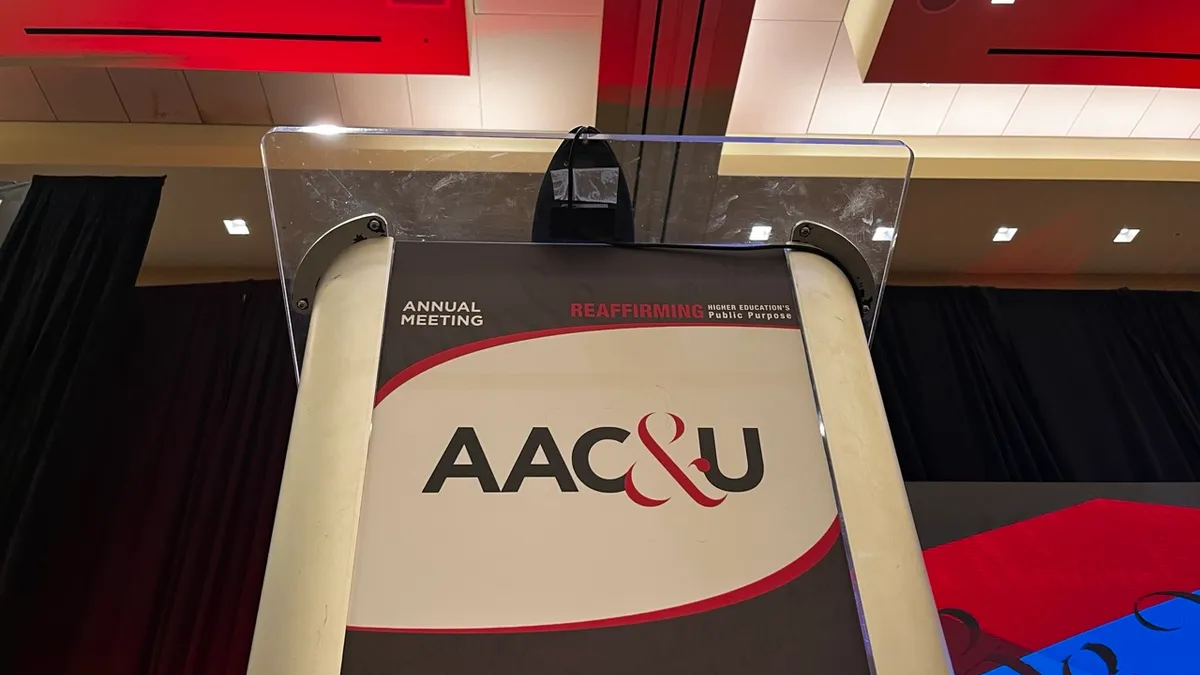New College of Florida, the public liberal arts institution that Republican Gov. Ron DeSantis is remolding to his conservative vision, named on Tuesday three finalists for the presidency — including a staunch ally of the governor.
That official, Richard Corcoran, has served as the college’s interim president since February. In that time, he has spearheaded some of the drastic changes — such as eliminating the college's diversity office — seen since DeSantis appointed several far-right voices to its governing board early this year.
DeSantis has used New College as a test case of sorts as he builds a national profile for his 2024 White House bid, saying the conservative leaders he installed and the policies they implemented could be replicated elsewhere in higher education. Other politicians, such as Virginia’s Republican Gov. Glenn Youngkin, have run for office successfully on culture war issues in education.
Corcoran, Florida’s former education commissioner and state House speaker, stands to uphold DeSantis’ higher ed blueprint if named permanently to the New College post.
He applied for the Florida State University presidency in 2021, while education commissioner. But he was not named a finalist after the accreditor for Florida public institutions, the Southern Association of Colleges and Schools Commission on Colleges, flagged a potential conflict of interest — at the time Corcoran sat on the State University System of Florida governing board that approves presidents.
The other two finalists for the New College position hail from traditional academia, as is common in the higher ed world. More than half of top executives in the 2023 American Council on Education's presidents' survey said they arrived at the presidency through a faculty or academic route.
One finalist is Tyler Fisher, a modern language and literature professor at University of Central Florida. Fisher is a former Rhodes Scholar with master’s and doctoral degrees in philosophy from the University of Oxford.
The other is Robert Gervasi, who most recently was interim leader of the University of Mount Union, an Ohio private institution affiliated with the United Methodist Church until 2019. Gervasi was the interim president for the 2022-23 academic year.
He has also been president of Ohio Dominican University and Quincy University, in Illinois. Both are Catholic institutions.
The search for New College’s next president
New College began formally hunting for a new president in April with a 15-member search committee. The former president, Patricia Okker, announced in January that the new conservative-aligned board had abruptly ousted her, prompting student outcry.
The search committee received 63 applications for the presidency and conducted eight interviews, New College said Tuesday. The institution said the committee needed to find candidates who would guide New College “beyond its recent history of enrollment and economic challenges while restoring its reputation for providing a nationally-recognized liberal arts undergraduate education.”
New College’s overall enrollment, as well its first-year classes, have dwindled over the years. It enrolled 689 students in fall 2022, down from 834 in fall 2014, according to federal data.
The college also didn’t recruit more than 200 students for its first-year classes between fall 2017 and fall 2021.
But that looks to be changing.
Press reports say the college’s incoming class is 328 students, a sharp uptick driven largely by recruitment of athletes. This has raised eyebrows on the campus in Sarasota, as New College didn’t even have intercollegiate athletics until March.
The number of returning students is not yet known — but under the new regime, faculty numbers have taken a hit. More than one-third of faculty members, or 36, won’t be returning to the college next year.
New College’s next president will need to navigate that faculty rancor, as well as state political pressures. DeSantis has waded into public higher ed to a rarely seen degree by policymakers, pushing through legislation this year that banned diversity spending and blocked institutions from accepting donations from certain countries, like China, without governing board permission.
Still, college officials expressed optimism about the search.
“This was an exceptionally thorough search process, and the pool of candidates was so impressive,” David Harvey, former faculty chair, said in a statement. “This is a critical time for New College and I’m very proud of the quality of the finalists we’ve identified for consideration by the trustees.”



